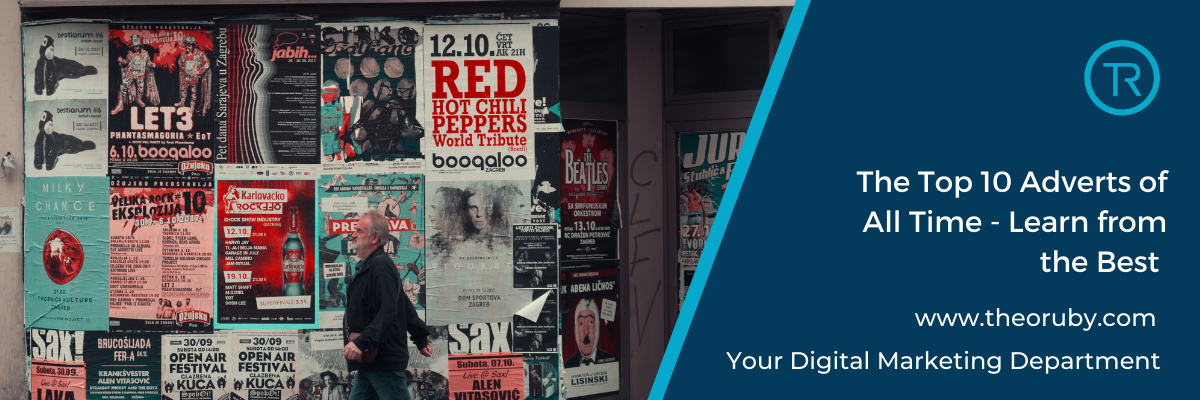
Advertising has changed the way we view a product or service and has had to adapt and change in accordance with the growth in technology and the way consumers interact with brands. Businesses can now create much more targeted campaigns and use a variety of platforms to engage customers. Here are some of the top 10 memorable advertising campaigns of all times:
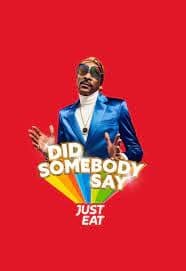
The food delivery company Just Eat, reportedly paid the rapper Snoop Dogg £5.3million to get him involved in their advertising campaign in 2020. The advert was originally meant to launch in March 2020, but due to the national lockdown, Just Eat decided to postpone the launch until May. At the time many adverts being shown on TV had a very sombre tone and Just Eat recognised that this was the perfect opportunity to launch the campaign to lift the nations spirits. The advert had continuous success throughout the rest of the year and Snoop Dogg even decided to release a Christmas version of the song in the ad in December. The YouGov Brand Index ad awareness scores showed the sustained impact of the campaign- Just Eat’s ad awareness rose from a score of 29.4 in May to 37.1 in November and outpaced its competitors Deliveroo and Uber Eats.
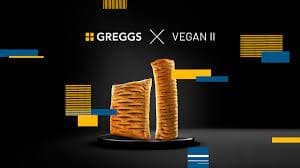
With veganism on the rise and it no longer being seen as a phase, there is now demand for the food industry to up their production of vegan products. Pressure has been placed on fast food outlets to be innovative and launch new vegan products onto the market. Greggs took this upon themselves and saw Veganuary as the perfect time to expand their vegan menu by launching a vegan stake bake. In order to build up excitement before the launch, they dropped hints on Twitter about the new release and launched a video ‘Greggs x Vegan’ to show the new stake bake in limited edition packaging. They also used tactics that fashion brands use known as ‘drop culture’ before the launch of a new clothing line. As a result, the day before the launch, the flagship store in Newcastle was covered with new branding and people queued overnight to be the first to purchase the vegan stake bake. Net sentiment towards Greggs’ efforts to improve their sustainability credentials increased by 5% when compared to mentions of the brand alone.
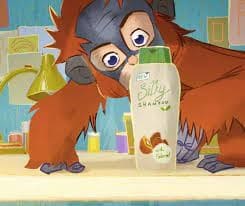
Although not necessarily the most successful advert, Iceland’s Christmas advert that partnered with Greenpeace is certainly one to be remembered. In 2018, Iceland launched an animated Christmas ad showing an orangutan and the destruction of its rainforest habitat caused by palm-oil growers. Although seen my thousands of people on social media, the ad was actually blocked from airing on TV by the regulatory body Clearcast, after it received lots of complaints and the ad was in breach of rules banning political advertising as stated in the 2003 Communications Act. Despite all the backlash Iceland received, social media users decided to spread the word about the banned ad, encouraging people to watch it and avoid buying products containing palm-oil. Iceland also pledged to remove palm-oil from all its own brand products by 2018.
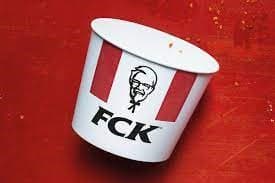
In February 2018, KFC found themselves in a sticky situation when they faced supply chain issues which resulted in a large number of restaurants in the UK without any chicken for several days, forcing restaurant to close. This had a huge impact not only on their profits (operating profits dropped 5% during the first quarter of the year), but also caused great embarrassment for their PR team, as news spread all over the world through social media and traditional media about the chicken shortage. In response to this, they quickly designed a new advert where they rearranged the brand’s name into a short-form swear word in a very strong visual format that was posted across different media channels (online and offline). This advert was a success as KFC understood their target market and knew that this approach would amuse consumers. This campaign helped to boost their brand perception and got lots of people talking about the brand even if they were frequent customers at KFC.
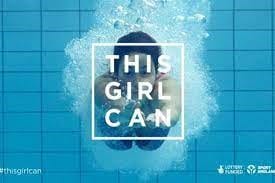
Research shows that there is a significant gender gap in sports participation in the UK, with 2 million fewer 14-40-year-old women taking part in sport when compared with men, despite statistics showing that 75% of women saying they want to be more active. In response to this issue, Sport England launched a marketing campaign in 2015 to get more women involved in sport with the hashtag #ThisGirlCan. The advert shows women of all shapes and sizes taking part in sport and uses ‘real’ people to share their stories rather than actors, making it all the more authentic to consumers. The ad was a success as it could be adapted to any woman doing any sport and gives women a sense empowerment showing that they can do anything. Within the first three months of its launch, over 13 million people viewed the ad online, it gained over 130,000 Facebook likes, 42,000 followers on Twitter and 5,000 followers on Instagram, according to eEconsultancy.
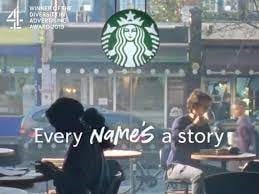
In 2020, Starbucks launched ‘Every name’s a story’ which was an ad based on the idea that some transgender people try out their names in public for the first time at Starbucks. In preparation for the campaign, Starbucks worked with trans people which results in an ad showing a young trans boy struggling to fit into society due to everyone referring to him by his name he was given at birth, and it is only when he walks into a Starbucks store and hears his name being called out that he feels he has been accepted in society. At the same time, Starbucks also began its partnership with Mermaid- a UK charity the supports gender variant and transgender youth which shows Starbucks’ commitment to supporting the LGBTQ+ community. The advert raised £100,000 for the charity by selling rainbow biscuits in store and went on to win Channel 4’s annual Diversity in Advertising award.

When the national lockdown was imposed in the UK in March 2020, the hospitality industry was brought to a standstill, unable to open and serve customers. Rather than deciding to keep quiet, the health fast food chain, Leon decided to take matters into their own hands and decided to help feed NHS keyworkers. Leon created a platform that allowed the public to donate money to fund hot food for NHS workers and collaborated with other restaurant chains including Tortilla, Wasabi and Dishoom to serve meals. Within a matter of time, the campaign raised £150,000 and 4 of Leon’s restaurants were dedicated to serving the NHS. 11 other outlets were transformed mini supermarkets, enabling key workers to buy essential goods that were in short supply at the end of a shift.
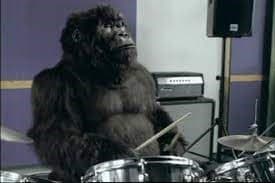
Before 2007, Cadbury had been facing criticism after they were forced to recall several of their brands of chocolate after they admitted that it found salmonella contamination in the base ingredient. Cadbury lost significant good will from consumers and sales of their chocolate plummeted by 14%. In order to turn this around and prompt higher brand engagement, Cadbury launched a new ad in 2007 featuring a gorilla playing the drums to the song “In the air tonight” by Phil Collins. But why was this campaign such a success? In most campaigns the brand will prominently display their logo, but Cadbury opted not to and didn’t even mention the word chocolate. This intrigued viewers as they had to figure out what the advert was for themselves or watch the entire duration of the ad to find out what was being advertised. It also had a mass appeal as it could target both adults and children – the music was nostalgic for adults and a gorilla playing the drums would excite children. The ad won a number of awards (Film Grand Prix Lion at Cannes Lions in 2008) and sales increased by 7%.

Every year supermarkets compete with each other to produce the best Christmas ad. In 2014, Sainsbury’s launched an ad that tells the story of Christmas day in 1914 when 100,000 soldiers laid down arms to socialise and play football on the Western Front. The ad was made in partnership with The Royal British Legion and alongside it, Sainsbury’s launched a £1 chocolate bar with all profits going to charity. The advert shows a British solider hearing German troops singing Silent Night and ends with a British soldier secretly placing a chocolate bar into the pockets of a German soldier which is discovered at the end of the football match when he returns to his side of the battlefield.

John Lewis has become synonymous for its Christmas ads and is one of the signals that the countdown to Christmas has begun, which is why it’s so hard to pick a favourite. But what does John Lewis do to makes their Christmas ads so captivating? Their ads are high quality due to having a huge budget and they always use a famous singer covering a well-known song (Ellie Goulding, Elton John, Lily Allen, Gabrielle Aplin). Each ad also tells a simple, powerful story, full of emotion that everyone can relate regardless of their age creating a sense of nostalgia.